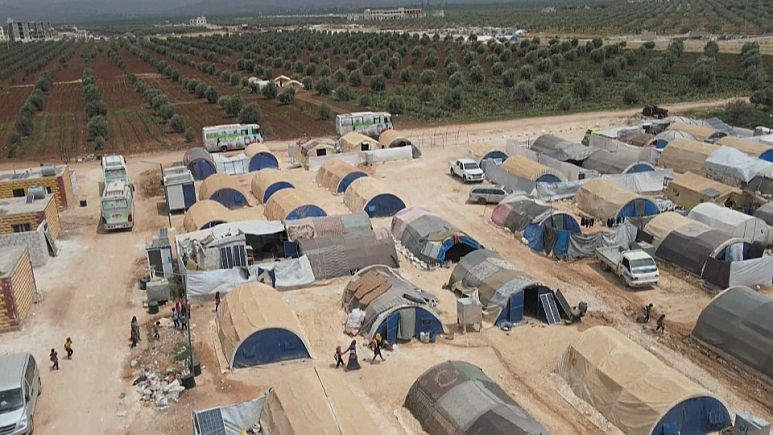Five months after a devastating earthquake struck Turkey and parts of Syria, humanitarian organizations are still working tirelessly to provide aid and assistance to the millions of people affected by the disaster.
In February, southern Turkey and northwestern Syria were hit by a series of powerful earthquakes, causing widespread destruction and significantly impacting the lives of approximately 15mn people. While progress is being made in the affected areas, there is still much work to be done to help the communities recover and rebuild their lives.

The United Nations Children's Fund (UNICEF) estimates that around 4mn children are in need of humanitarian assistance, with 1.6mn of them currently residing in tents or temporary shelters without access to basic necessities like clean water.
Paolo Manci, the UNICEF Representative in Turkey, acknowledged the challenging journey from the initial devastation to the ongoing rebuilding efforts. He expressed gratitude for the support received from partners and specialists in earthquake injuries, emphasizing the unique opportunities available to address the needs of the affected communities.
"We've passed through drama - through the catastrophic images that probably everybody saw - to rebuilding. We have very good partners. Fortunately, there are opportunities here that are not always available in other countries,” Manci explained.
However, the situation is particularly dire for those living outside urban areas. Traumatized individuals in these regions are in high demand for medical and psychological support.
Similar challenges are faced in rebel-held northwestern Syria, where people who were already residing in camps prior to the earthquakes continue to struggle. Some of the injured are still awaiting proper medical treatment.
The "White Helmets," also known as the "Syria Civil Defence," a humanitarian group in Syria, have been actively working to assist communities in need. Volunteers of this organization engaged in various tasks, including rubble clearance, facilitating safe evacuation, providing essential supplies to camps, and constructing roads for improved accessibility.
Ismail Abdullah, a dedicated volunteer with the "White Helmets," emphasized the lack of comprehensive support available to families in overcoming the trauma they experienced. Abdullah stressed the urgent need for specialized personnel to address the unique challenges faced by the affected communities.
The volunteers are grappling with the difficulties caused by ongoing bombings, which severely hamper relief efforts. Currently, only a fraction of the population's needs are being met, exacerbating the already dire situation.
Abdullah expressed the pressing need to help people return to their homes and avoid prolonged stays in camps. Facilitating the safe return of individuals to their residences remains a top priority.
Comments (0)